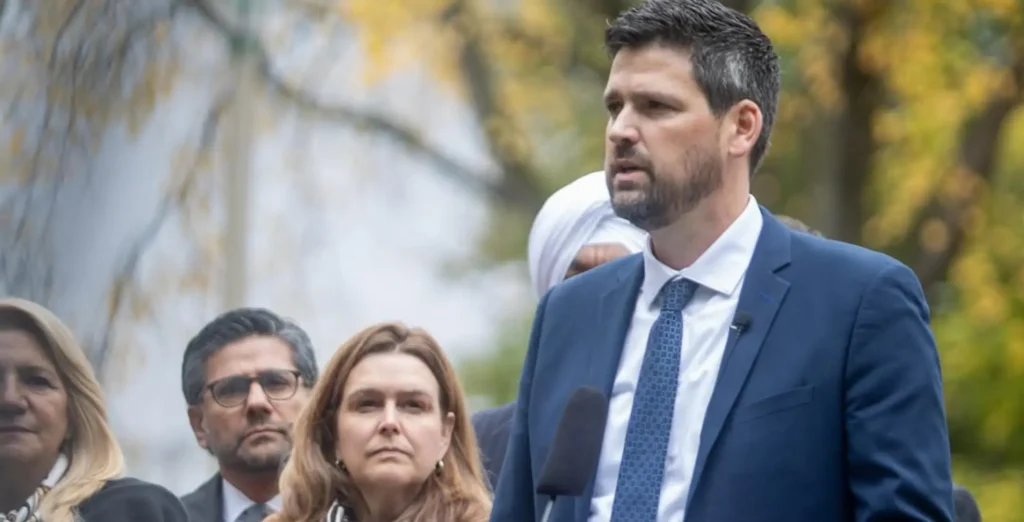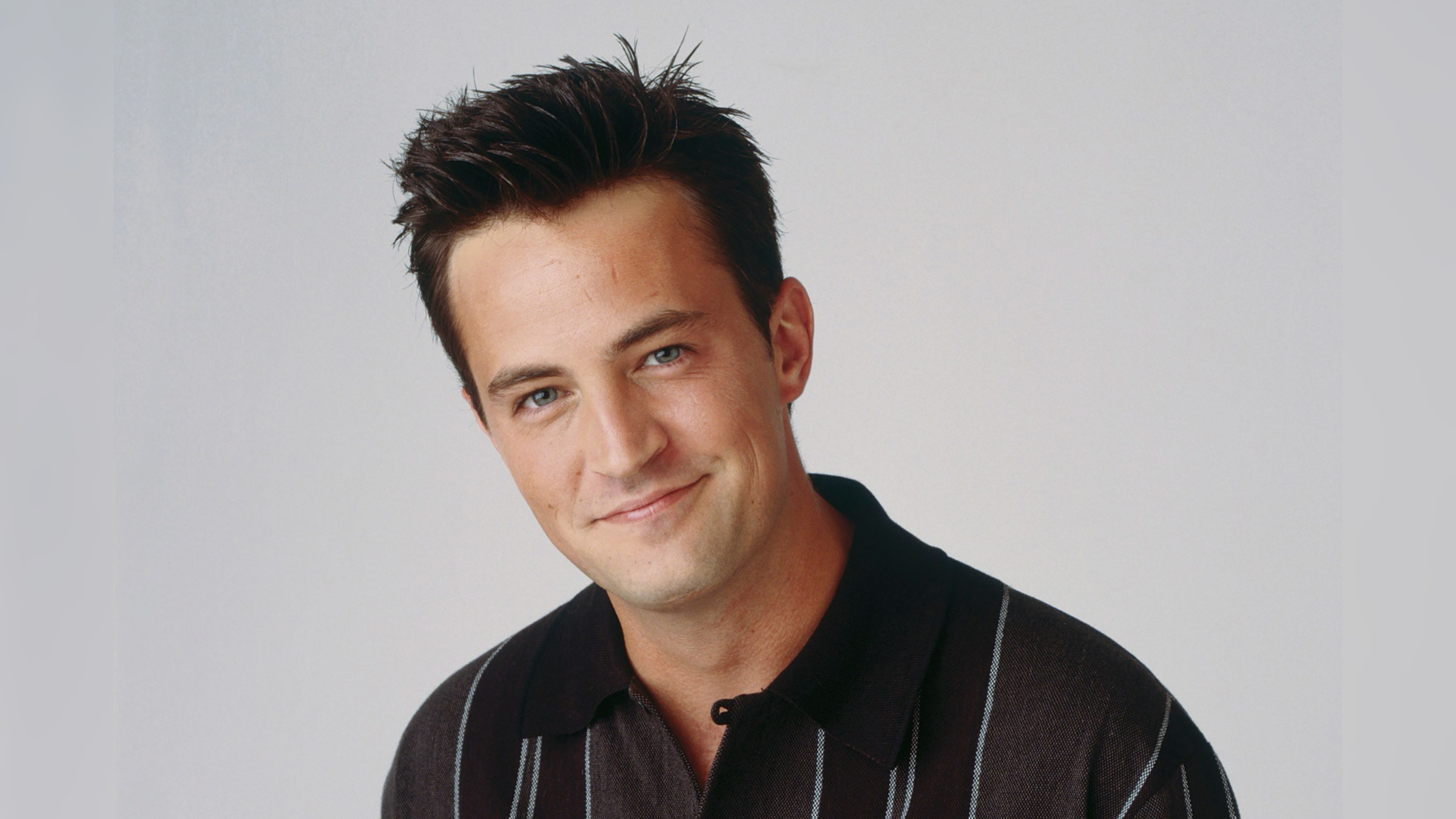Justice Minister and Attorney General Sean Fraser breaks down Bill C-14 (Courtesy: seanfrasermp/Instagram).
Growing safety concerns surrounding home invasions and auto theft have fueled Justice Minister and Attorney General Sean Fraser’s announcement of Bill C-14, a proposal that would impose harsher penalties and make it more difficult for repeat offenders to be released on bail.
Fraser said The Bail and Sentencing Reform Act (Bill C-14) has two major aspects. The first addresses the challenge of releasing violent, repeat offenders who often re-offend and the second involves implementing stiffer policies for serious crimes.
Fraser reminded Canadians that the execution of this bill would require collaboration, as managing provincial judicial systems is outside of federal jurisdiction.
“The federal government isn’t the one who’s hiring Provincial Court judges, the crowns who actually run these processes. We don’t manage the courthouse. We don’t manage the community policing. We have to bring other levels of government with us. We can change the laws, but we have to work with them to ensure that they put the resources in place to manage the system similarly.”
Though Fraser says Bill C-14 is designed to benefit all Canadians, some believe it infringes on individual rights.
The Canadian Civil Liberties Association (CCLA) released a statement in opposition of the bill.
“It is a myth that bail is easy to obtain in Canada, as of last count, 76% of people in provincial and territorial jails are denied bail, a number that has tripled in 50 years…People in Canada deserve to be safe, but they do not need to be made afraid first. Governments need to stick to the facts when proposing news ways to deny people their Charter rights. It is time to separate fear from fact.”
While Fraser says he respects the CCLA and its stance on the proposed legislation, he emphasizes that the measures respond to calls from not only ordinary Canadians but also from those who work within and manage the justice system.
“These are the fixes that we need to help make sure that we keep our community safe,” he said.
Fraser says he worked closely with provincial governments and law enforcement to understand their perspectives and identify the gaps that allow violent, repeat offenders to be released and then reoffend.
He clarified that the goal is not to build more detention centers or put more people behind bars.
“If you commit a crime, you’re going to face tougher outcomes, certainly, and you should as a result of this legislation, but the long term success will be, [if] we made the investments that actually reduce crime up front so fewer people are facing those charges in the long term.”
Though some bail reforms have already been implemented, Fraser believes there is still more work to be done. He says this new legislation is a step forward in providing resources not just to deal with crime after it happens, but to address its root causes. Quoting former U.K. Prime Minister Tony Blair, Fraser said:
“You can be tough on crime, but you also be tough on the causes of crime. You have to make sure that people have a roof over their head. You have to make sure people who are living with very challenging mental health circumstances, with addictions, have the support that they need and are treated with dignity.”
The federal government recently introduced Build Canada homes, a federal agency that will leverage public lands, offer flexible financial incentives and support modern manufacturers to build affordable homes across the country at scale.
“This is not a blank cheque,” Fraser tells The BG Show. “[Provinces] have to actually spend this money on certain areas, including specifically mental health.”
Fraser says there are also multiple federal programs aimed at supporting at-risk youth.
He reiterated that maintaining the trend of a decreasing crime rate requires a multifaceted, collaborative effort:
“It’s a collaborative effort that’s actually going to have those upstream investments in place to reduce crime overall. You can’t do any of it without doing all of it, and we want to be a good partner who contributes solutions to all.”









